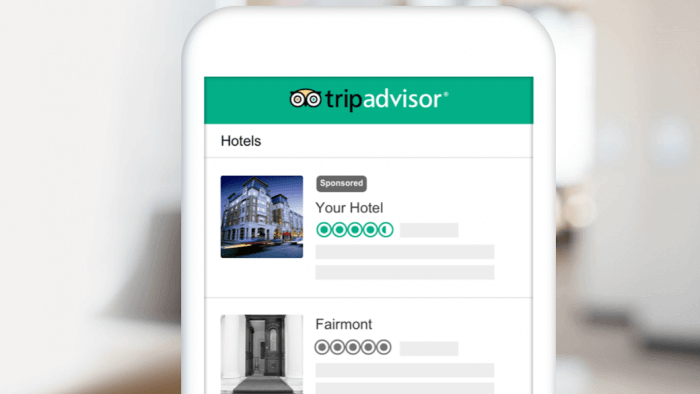
Online guest reviews have become worth their weight in gold to hotels. Today, a huge 95% of people read a travel review before they book a trip, which means building a strong online reputation plays a fundamental part in attracting guests and driving bookings.
Google, Facebook and Yelp all have significant influence in the online travel review space. But TripAdvisor still reigns supreme. With over 455 million average monthly unique visitors, it leads the way as the world’s most popular site for travel shoppers.
A recent study by Oxford Economics also found that TripAdvisor’s influence is growing. In the last decade, its uses accounted for $545 billion (10.3%) of worldwide tourist spend, compared with 7% ($268 billion) in the previous decade.
Is your hotel truly reaping the full benefits of TripAdvisor? In order to do so, you really need to understand how it ranks hotels.
In the following article, we’ll discuss exactly how TripAdvisor’s algorithm works, and include tips to help your hotel move higher through the listings to attract more bookings.
How TripAdvisor’s algorithm works
TripAdvisor’s Popularity Algorithm was changed back in 2016, and more recently in March 2018. The latest update was designed to provide a fairer and more consistent form of ranking that looks at “performance over time”.
TripAdvisor hasn’t explicitly described how the algorithm has been tweaked, but indicates that a hotel that’s received consistently good ratings for a decade will outrank a hotel that’s gained excellent reviews over a few months, but been less popular before. As a result of this algorithm update, some hotels have seen their ranking move up, while others have gone down.
The current version of the algorithm is based on assessing three areas: quality, recency and quantity. Let’s look at how each of these work in more detail.
Quality
TripAdvisor has a bubble rating system from one-five, and every guest that submits a review can rate your hotel accordingly. These bubble ratings directly influence your quality score. As you might expect, more quality reviews mean an improvement in your overall ranking position.



